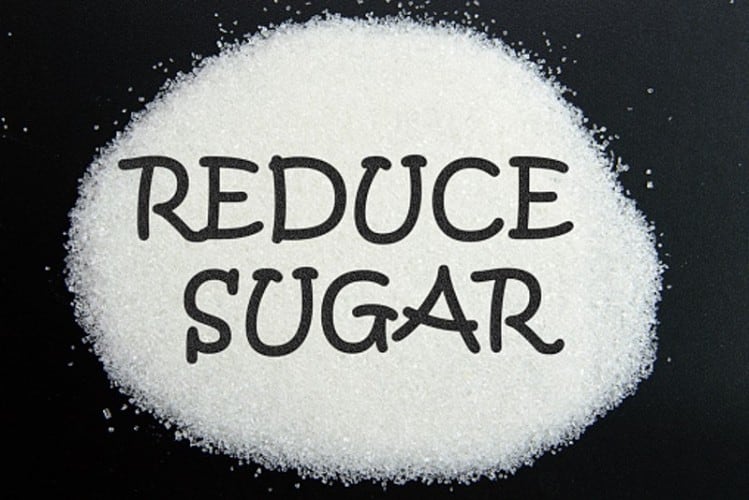Businesses in conflicted-affected areas must first understand the pressures faced by local consumers to counter food insecurity and economic uncertainty, said Dr Rabih Kamleh, Chief R&D Officer at HSA Group.
“Impactful innovation must be underpinned by a clear understanding of consumer needs. This is especially true in a market like Yemen, where exchange rates and consumer priorities change rapidly, not only at a national level but also between states.
“While innovation is more commonly associated with major MNCs, businesses in developing markets can prioritise cross-cutting issues like nutrition, packaging integrity, and shelf life in their R&D operations to meet complex, ever-changing consumer needs,” he told FoodNavigator-Asia.
HSA Group places heavy emphasis on investing in market research to better understand consumers’ purchasing behaviours to adapt its products and portfolio strategies accordingly.
In a qualitative study conducted by the firm last September, the key challenges facing Yemeni consumers were revealed.
These include lower household income caused by the economic downturn as a result of the ongoing civil war, rising cost of living driven by increases in global commodity prices, and reduced access to transportation due to damaged infrastructure and road closures across the country.
The study included 40 female heads of households, aged between 23 and 37 years, from the urban cities of Sanaa, Aden and Taiz.
“These challenges directly contribute to a reduction in purchasing power. What was once a crisis of food availability is now also a crisis of food affordability. Many Yemeni families have had to review their food, education and transport spending, reprioritise their budgets, and change their buying habits and frequencies.”
Consequently, three major shifts in consumption behaviour have been observed.
Firstly, it was found that Yemeni households were increasingly sacrificing quality for more affordable options. The participants reported purchasing more unbranded and unpackaged products, such as from street carts. While this has helped them cut costs, the compromise on food safety and nutritional value has raised concern.
Moreover, inflation has left consumers with less disposable income, forcing them to prioritise basic food items, and eliminate “luxuries” like soft drinks and fruit juices.
To soften the impact of price volatility, the participants opted to buy smaller sizes of products and in smaller quantities. They also rationed the items to make them last longer, which could potentially cause a dent in nutritional intake.
Mitigating effects of lower purchasing power
In light of the changes in consumption habits and growing threat of malnutrition in Yemen, HSA Group has undertaken several measures to address these issues.
“We observed that retailers were breaking down bulk quantities of products to create smaller packaged items. While understandable, this carries inherent food safety risks.
“In response, we have introduced new packaging sizes for essential items like ghee, cooking oil, pasta and biscuits, which are distributed to retailers for onward sale. This enables consumers to spread the cost of purchases over time and avoid buying loose products, where consistent quality and product safety cannot be guaranteed,” Dr Kamleh said.
Another benefit of smaller packaging is the potential reduction of food wastage.
“Fridge space can be used more efficiently, and food wastage decreased in the event of power outages, which are frequent in parts of Yemen.”
In addition, HSA Group has reformulated its dairy and flour products to fortify them with vitamins and micronutrients.
“Dairy and flour play a significant role in the Yemeni diet. Enhancing the nutritional content of these products ensures that consumers derive the utmost benefits from foods, even when faced with reduced access.”
Strategies to build a food-secure future
According to HSA Group, 53% of the Yemeni population face food insecurity, with the country importing 90% of its food supply, majority of which are by the private sector.
Apart from the susceptibility to external shocks, such as COVID-19 and the Russia-Ukraine war, recent reductions in funding by multilateral organisations have exacerbated Yemen’s economic woes.
“The Yemeni Rial has lost over four-fifths of its value against the US dollar in some areas of the country, which has led to a palpable decrease in the purchasing power of consumers and businesses alike.
“Most communities rely on remittances and cash assistance to purchase food and other essential goods. Currency weakness, combined with stagnation of wages and rising costs, have hindered access to affordable, quality food for many Yemenis,” noted Dr Kamleh.
HSA Group believes that knowledge sharing and collaboration are crucial for product development and adaptation, so as to properly tackle food shortages and insecurity.
In partnership with the World Food Programme (WFP), the firm is supplying Yemeni schools with 7,300 tonnes of high-energy biscuits.
This project aims to provide children with foods containing essential nutrients such as protein, fat, minerals, and vitamins, and to alleviate financial pressures for their families, allowing them to focus resources on education.
At the same time, the firm is looking to partner with Tetra Pak to deliver fortified milk to 10,000 young Yemenis.
“Given the scale and volatility of the humanitarian crisis in Yemen, it is difficult to predict where future issues may lie. However, HSA Group is committed to consistent and innovative R&D to help overcome the daily challenges of the people.
“We are currently developing a market-wide R&D strategy to consolidate the approach for all our companies in the food and logistics sectors in Yemen. This strategy will factor in the wider food security crisis in the country, and the common nutritional deficiencies it has caused, in addition to the work of local and international initiatives,” Dr Kamleh shared.





